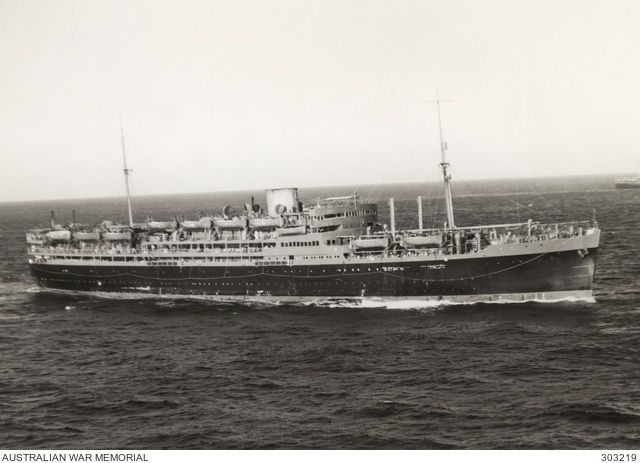M.I.5
- Mar 30, 2025
- 2 min read
A report titled Arandora Star Inquiry presented by Lord Snell to the War Cabinet date 24 October 1940 mentioned the role M.I.5 in the selection of Italians who boarded the Arandora Star.
Before the outbreak of war with Italy, however, M.I.5 had at the request of the Home Office prepared a list of those Italians who were regarded as "dangerous characters". This list was based mainly on membership of the Fascist Party. Such membership was regarded as sufficient ground for suspicion, since it involved an oath of fidelity to the Leader and a promise to shed blood if necessary for the cause...
A copy of the M.I.5 list of "dangerous" Italians was sent to each of the five camps concerned and the Camp Commandants were instructed to mark for deportation any person named on the list who might be in their camp. The lists, which contained about 1,500 names, could not be delivered to the camps until about 21st June. A period of only about 24 hours was therefore available for identifying the Italians for deportation. The difficulties were increased by the fact that a number of Italian names have alternative spellings...
In the case of the Italians, no classification by Tribunals had taken place, and there was no
alternative but to work on such material as was already available, ie. the material in the possession of M.I.5...
The responsibility for the compilation of lists of dangerous Italians rested with the Branch known as M.I.5., and, as time did not permit of further scrutiny, these lists were accepted as being the equivalent of the Category 'A' Germans and Austrians. The lists were largely based on membership of the Fascist Party, which was the only evidence against many of these persons.
M.I.5. apparently took the view that those who had been only nominal members of the Fascist Party, and those who were ardently Fascist, were equally dangerous. The result was that, among those deported, were a number of men whose sympathies were wholly with this country. I cannot regard this lack of discrimination as satisfactory, and I think that M.I.5. must bear some of the responsibility for the results which followed their decision.
Few British Internment Cards have the notation M.I.5, but Antonio Di Rollo's card has this notation.
No inference for Antonio is made regarding this notation. His card is used only to support the above information about the role M.I.5. played in the selection of Italians for the Arandora Star.
The crossed out notations: 2.8.90 and Seaman supports comments that many errors were made because of the similarities in names or the duplication of names.
Maybe an Antonio Di Rollo, a seaman with a birth date of 2.8.90 was also meant to board the Arandora Star?




Comments